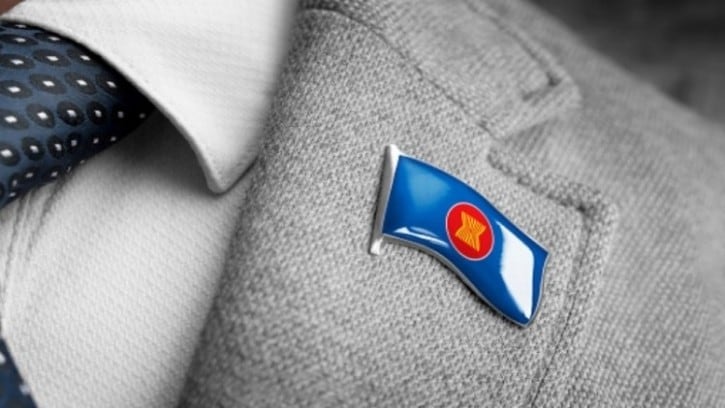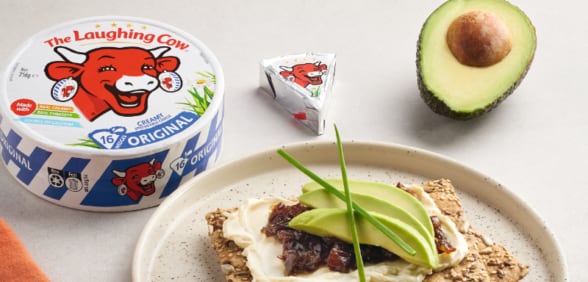Mars Wrigley powers SEA gum exports with renewable energy in Antipolo
Mars Wrigley will invest US$2M yearly to cut emissions, using rice husks and coconut shells to power its key SEA gum hub in the Philippines
The site in Antipolo, Philippines produces up to 30 metric tons of gum every day, with the majority exported to markets like Indonesia, Malaysia, Thailand, and Vietnam.
The factory is central to Mars Wrigley’s South East Asian operations, driving exports while piloting sustainability initiatives.
Indonesia’s WTO winning streak could threaten EUDR viability
Continuous palm oil wins for Indonesia at the WTO cast doubts on how the EU Deforestation Regulation (EUDR) will impact sustainability and trade
Implementation of the EUDR has been a major point of concern for producers of agri-food commodities such as palm oil and cocoa in producer markets from Indonesia to Brazil.
The European Commission’s decision to delay EUDR implementation from 31 December last year to 30 December this year brought some measure of relief to the industry – and now, the EC has proposed a further delay to this.
3 key challenges to building sustainable food systems in Asia
Asian food systems face three major challenges towards achieving sustainability – find out what these are and what needs to be done to tackle them
The Asia Pacific region will house the largest population in the world by 2050, estimated to reach some 5.2 billion or around 60% of the global population.
However, this region also faces some of the toughest challenges in the world when it comes to ensuring a food supply that is not only sufficient to feed this immense population, but also resilient and sustainable enough to do so.
Veolia tackles food waste and clean energy challenges in SEA
Proper waste disposal and renewable energy are key priorities for South East Asia, said the firm
France-based Veolia, with over 170 years of expertise in waste management, operates across Singapore, Malaysia, Thailand, and Indonesia. It serves various industries, including pharmaceutical, energy, micro electronics, and food and beverage.
Its Tuas facility in Singapore offers a glimpse into the region’s evolving waste priorities.
Less sugar, more sweets: Asians seek local flavours in healthier treats
Sixty-five percent of South East Asian consumers prefer local flavours and lower sugar when indulging in desserts, according to a new regional study.
The study, conducted by food and nutrition firm Cargill, provides insights into consumer attitudes toward indulgent products across five categories: sweet biscuits and cookies, sweet baked goods, chocolate confectionery, ice cream, and café-style beverages.
While indulgence remains a key driver, the region shows a strong shift toward health and sustainability.




